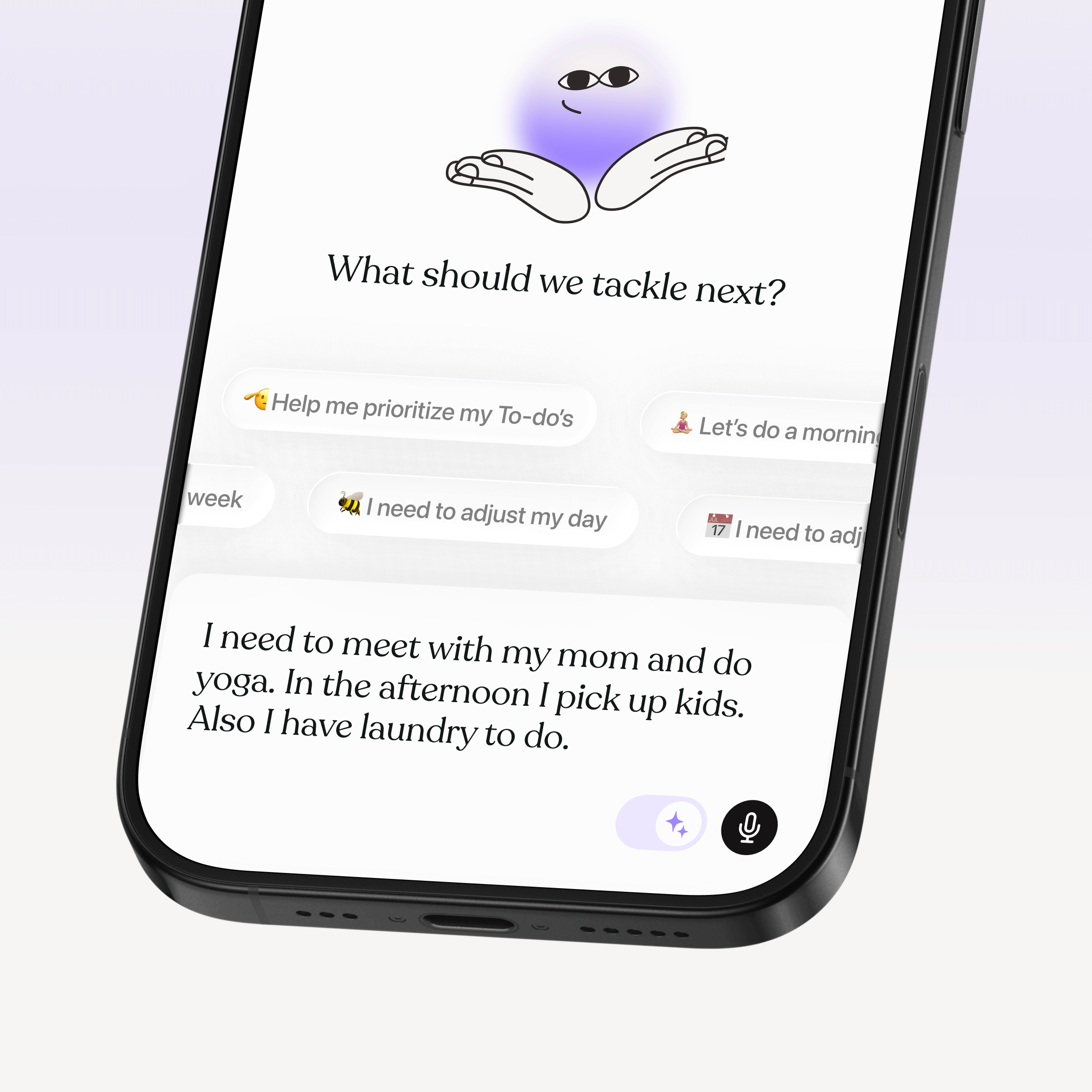As a person that lives with Sickle Cell Disease (SCD) I cannot emphasise the importance of the role that blood donors play in our lives. They are a literal lifeline and help support so many individuals who depend on blood donation, especially in the times where our health is hanging in the balance.
Sickle Cell Disease is a genetic blood disorder that affects the red blood cells, causing them to become abnormally shaped which makes it extremely difficult for them to travel around the body. The sickle-shaped blood cells disrupt blood flow when they become clumped together in the blood vessels and this brings about many serious and life-threatening complications. A major symptom associated with Sickle Cell Disease is something known as a Sickle Cell Crisis which causes immeasurable amounts of pain all over the body and is highly distressing. Some of the ways in which blood donations help reduce symptoms and improve the quality of life of patients with Sickle Cell are through treatments such as:
- Red Cell Exchange – this involves replacing a percentage of sickle-shaped blood cells with healthy donor blood cells via an automated machine (Blood Cell Separator) which helps reduce sickle cell complications. This transfusion is usually administered at specific intervals e.g. every 4-8 weeks.
- Simple Blood Transfusion – this involves transfusing donor blood without removing/replacing the patient’s existing blood volume. This process is usually carried out intravenously where units of blood are given via a drip. Patients typically receive this type of transfusion as a ‘’top-up’’.
As highlighted above, blood donation remains to be a crucial resource for patients with Sickle Cell who rely on transfusions as an essential part of their treatment. Having been a recipient of blood transfusions in the past, I truly understand how such interventions need to be readily available for those who need it. The NHS has identified Sickle Cell as the fastest growing genetic condition in the UK and the demand for blood has increased by 67% in five years. Although Sickle Cell is not a condition that exclusively affects people of Black African and Caribbean descent, it does impact a high percentage and with this comes a need for blood donation from these specific communities.
For this reason, in recent times there has been a rise in campaigns directed at the Black community, urging them to give blood. You may be wondering why this is the case, but it is important for donor blood to closely match the blood type of the patient who requires the transfusion/s and the chances of receiving this are higher from donors of Black heritage. In addition to this, individuals from the Black community are more likely to possess the Ro subtype (around 55%), which is a rare blood type and unfortunately there is currently a shortage of donors with this special blood group. When we begin to consider all of these things, it becomes clear as to why there has been an urgent call for more Black donors to help meet the rising demand for better matched blood that is used to treat those with Sickle Cell Disease.
It has been interesting to reflect on my individual journey with Sickle Cell especially in context with my recent ADHD diagnosis. Around this time last year, I was grappling with what felt like a perpetual state of burnout at my job which eventually led to an extended period of sick leave. I was finally able to slow down and examine my symptoms more closely which is when I began to suspect I may have ADHD. After discussing my concerns with my GP, I was put forward for the referral process, and fast-forward to earlier this summer, I was officially diagnosed following my assessment. It feels so surreal to know that I was unknowingly contending with a whole other condition and I’ve spent some time looking at the overlap between my SCD and ADHD symptoms, which has been revealing to say the least. For example, having a low tolerance for stress is synonymous with both ADHD and SCD, and for the latter can trigger a Sickle Cell Crisis. Drawing these parallels has allowed me to see how one singular factor can worsen symptoms for both conditions, as well as my ability to adequately manage them. Additionally, living with Sickle Cell means I am chronically anaemic and so I have grown accustomed to feelings of tiredness, fatigue and low energy levels on a daily basis. However, when this is compounded with executive dysfunction, I can now see why task initiation has been that much harder for me and not to mention the increased issues I face with focus and concentration as a result.









